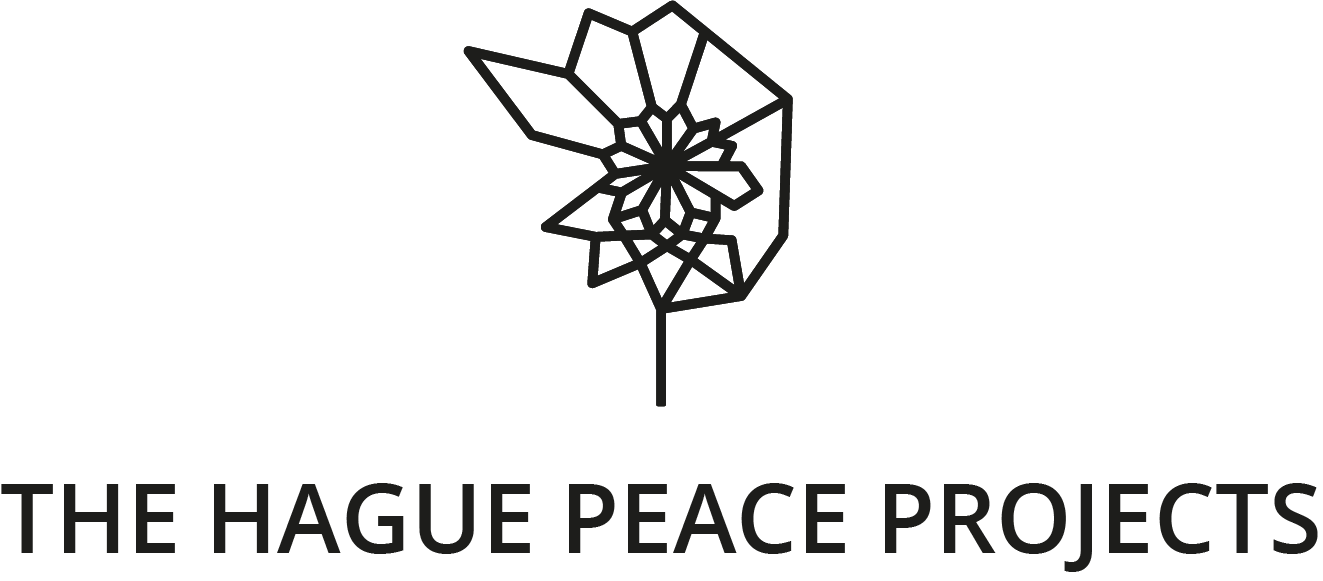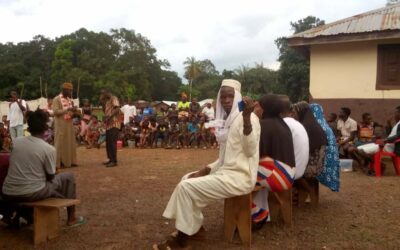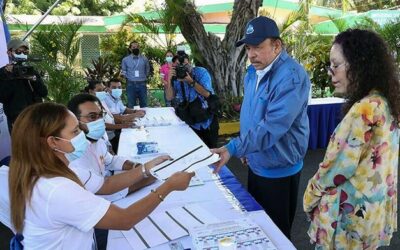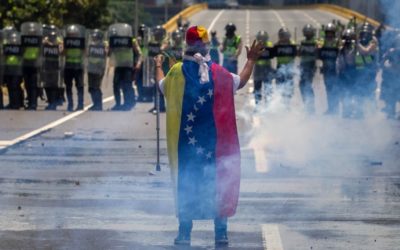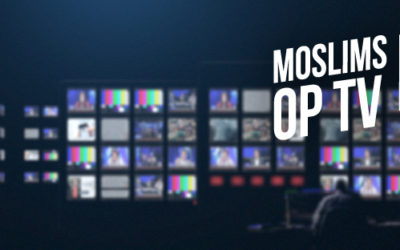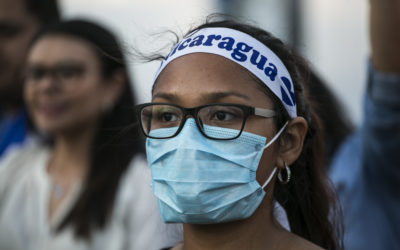Work Groups

Objectives
Establish relations with diaspora and migrant groups, and support human rights challenges in their communities at home and abroad.
Improve our understanding of the mechanisms, motivations, and stories behind cultural conflicts around the world.
Empower human rights defenders and social catalysts from different communities by facilitating and supporting their projects.
Raise awareness and support activism in the pursuit of human rights.
Making Change
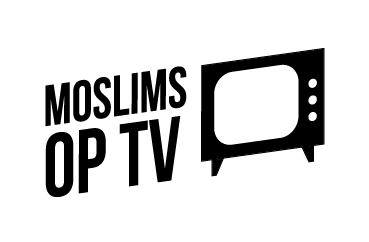
Muslims on TV
Media messages about ‘the Muslims’ or ‘the Islam’ are scrutinized by our panel and we invite you to do the same
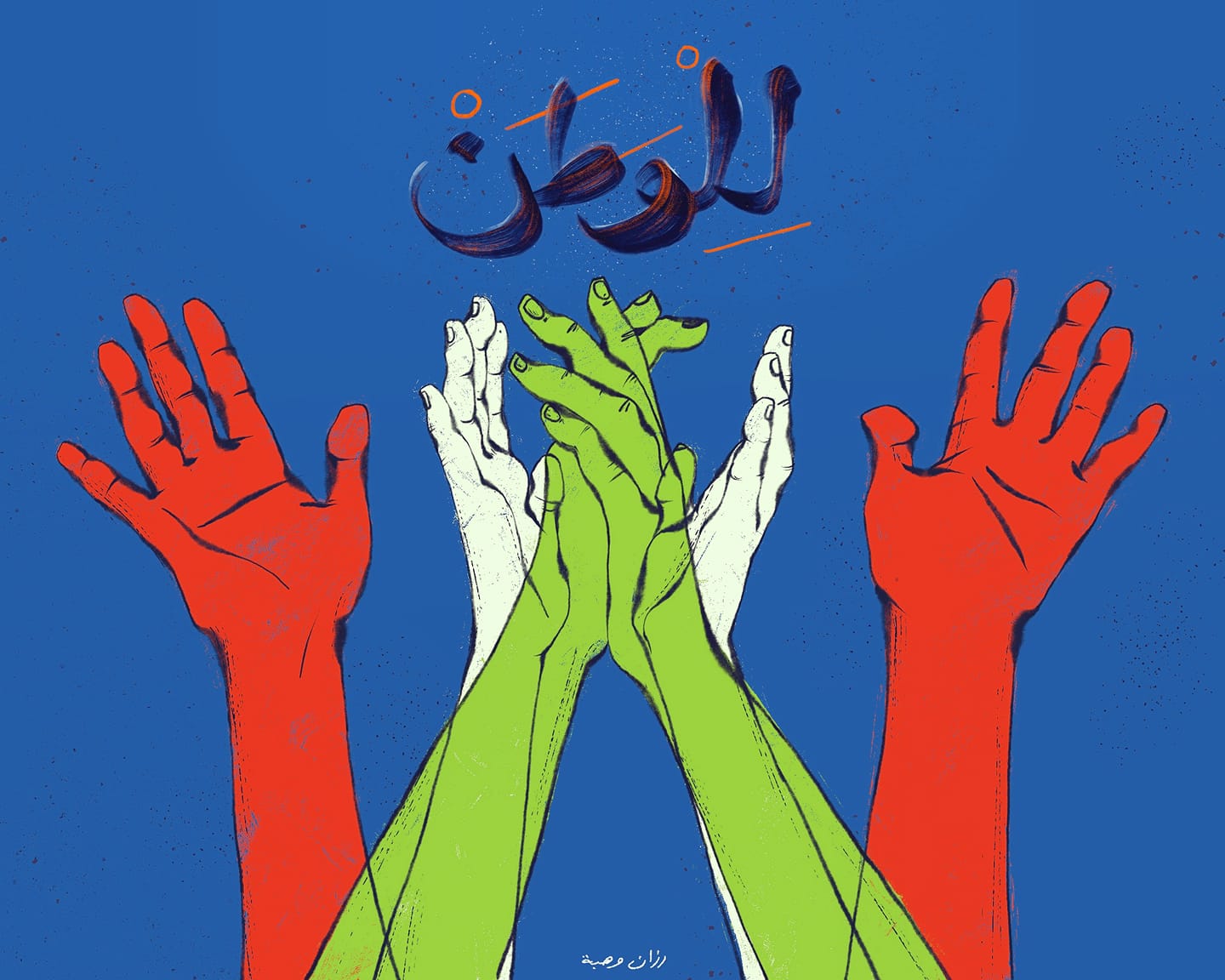
The Hague X Beirut
The Hague X Beirut is an art fundraiser to support the work of human rights defenders and artists in Lebanon
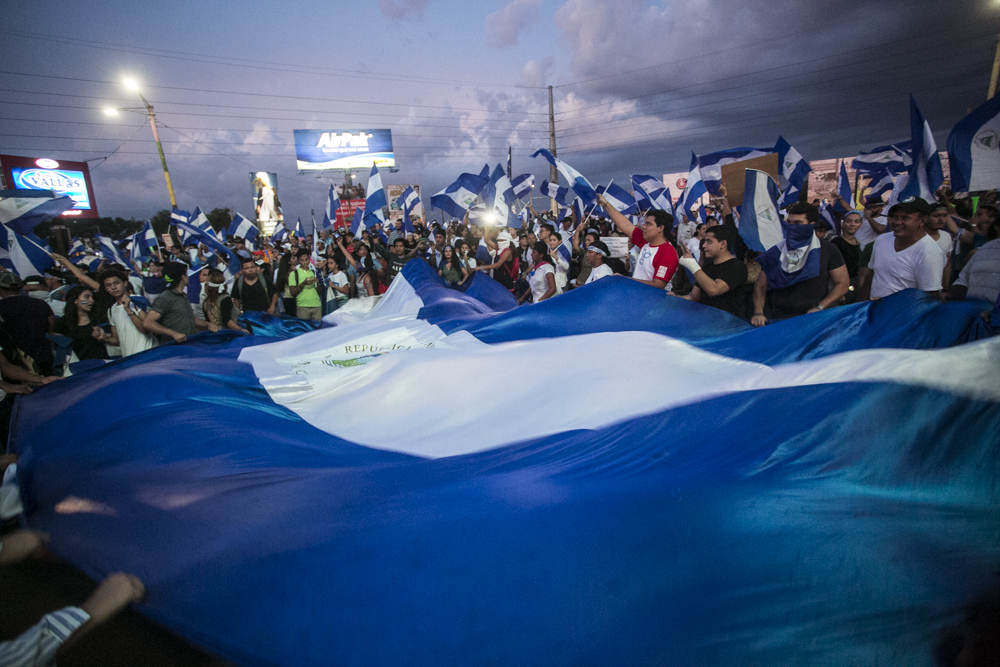
SOS Nicaragua
Activism for peace and democracy in Nicaragua, in collaboration with local and diaspora groups
Our work groups represent countries and regions of human rights conflict and repression
Areas of Scope
Latin America
Sub-Saharan Africa
Southeast Asia

The Middle East and North Africa
The Role of Work Groups
Our work groups build communities of trust in places where division and fear between people is the norm. By creating safe spaces for dialogue we establish new, unlikely connections and ultimately a common ground between communities across all lines that keep people divided: religious, ethnic, national or political.
Starting with diaspora communities, we empower people to reconstruct their motivations and skills to deal with conflicts peacefully, using a wide range of tools such as dialogue, research, advocacy, education, cultural events and media.
Together we aim to contribute to building well-informed, resilient, vocal, globally connected & inclusive civil societies in areas affected by conflict and oppression, capable of realizing nonviolent social and political transformation.
Diaspora group meetings are often the first step in a new dialogue between migrants and the beginning of a path to building understanding, trust, and cooperation.
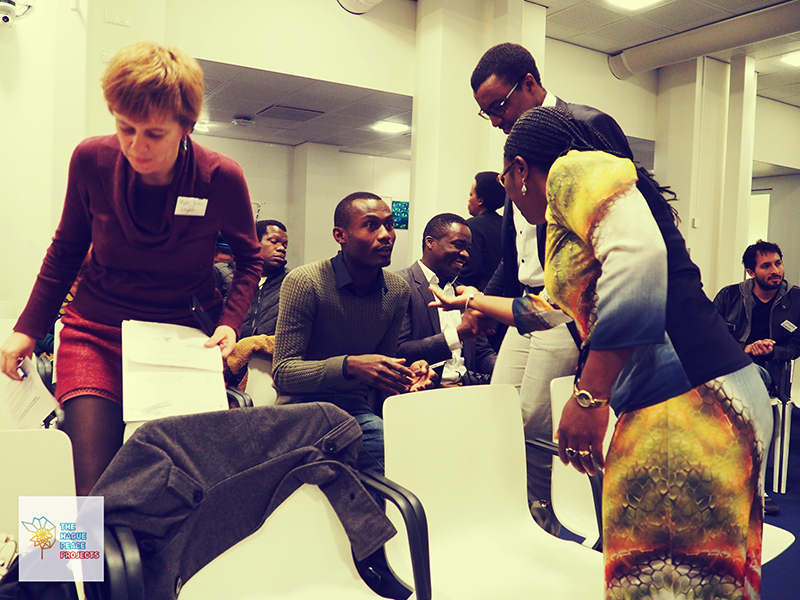
Background
The work groups at The Hague Peace Projects serve to support Human Rights Defenders and refugees from around the world in their activities, and to strengthen the human rights movement in The Netherlands and in their countries of origin.
At The Hague Peace Projects we believe in the potential of human rights activists and migrants, and their ability to contribute to ‘Western’ society. We support the initiatives of groups that have fled their countries of origin to build a meaningful existence here in The Netherlands and elsewhere. Our work groups offer a safe space for migrants to leave their conflicts behind and engage in positive encounters and relationship-building. By providing community space and organizational support, we are creating opportunities for Human Rights Defenders and migrants, as individuals and as a community, to raise their voices and develop their own initiatives.
.. read more ..
Despite this, migrant skills, experiences and potential are rarely embraced or used constructively. Cooperation between diaspora organizations and established Dutch organizations is minimal, which is a trend that can be seen throughout many societies in governmental, business, educational, and charitable sectors. This segregation in housing, schooling, and in institutions, and the resulting lack of real opportunities, can lead to frustration, disappointment, cynicism, and even depression in migrant groups. Many of our community members at HPP come from countries with a history of conflict and repression. This is often the reason for their migration to The Netherlands, and almost exclusively so with regard to human rights activists. The communities from which they come are commonly divided and fragmented along religious, ethnic, national, and political lines.
It is worth noting that a lack of connection with Dutch society is a broadly shared sentiment among many different migrant groups in many countries. As such, it is important to recognize this need for ‘social capital’, and to address the following pillars as described by the OECD (Organization for Economic Co-operation and Development):
- Affiliation/isolation (share of common values, feeling of belonging to a same community)
- Participation/passivity (involvement in management of public affairs, third sector)
- Acceptance/rejection (pluralism in facts and also as a virtue, i.e. tolerance regarding differences)
Drawing from our experiences and an analysis of our team at The Hague Peace Projects, which counts over 14 different ethnic communities, we have established that there is a great need and motivation to participate in Dutch society. However, it is evident that there are a great number of persistent polarization mechanisms that impede the human rights and integration motivations of migrant communities both in The Netherlands and abroad.
As a result of internal polarization, people have difficulty engaging in dialogue and addressing the challenges faced by their community both in their countries of origin and in their new home of The Netherlands. In particular, migrant communities from conflict areas often find it extremely difficult to coordinate themselves in such a way as to positively contribute to their own well-being, and to the broader society in general. Internal and external distrust, and fragmentation of migrant groups has a negative influence on their integration, with ongoing and persistent conflicts creating a paralyzing effect on their ability to trust, to construct new initiatives, and to build relations with members of other ethnic groups, including their Dutch neighbours.
Our background in working together with migrant groups has taught us that, though groups living in the Netherlands may contribute positively to the community, the tensions and conflict that they continue to harbor against opposing communities impedes their positive contributions and peaceful activism. We have noticed a large demand from within migrant groups to develop their own initiatives and to foster their own meeting places and communities. By facilitating inter-group meetings and co-operations we encourage positive real-world contact that is essential to building respectful and trusting relationships between diverse peoples from their own cultural, religious, and ethnic communities. It is by getting to know one another, and by understanding and accepting different perspectives, that migrant groups will be able to see beyond the fragmentation of past conflicts and provide meaningful support for themselves and each other.
External polarization compounds the problems caused by internal divisions, with migrants from areas of conflict and repression experiencing a significant gap between their own communities and Dutch society. Some of this can retrospectively be attributed to the post-9/11 escalation of media and political distrust between ‘traditional’ Dutch cultures and other ‘imported’ cultures. This segregation was evident in The Netherlands from the beginning of the first arrival of migrants during the sixties and seventies. However, after 9/11, the multicultural society, which dominated the dialogue until then, was left behind and a new xenophobic discourse emerged.
In The Hague, this external polarization has manifested itself in political parties such as the PVV and FVD (etc.) who explicitly maintain and encourage anti-Islamic sentiments. This sense of exclusion and discrimination fosters a feeling among immigrant communities that ‘they do not belong’, and even worse, that they ‘are not wanted here’. Although these feelings can be also experienced by voluntary expats and non-voluntary immigrants at times, extreme cases can result in isolation, loneliness, and a greater potential to find community in extremist organizations such as ISIS or the Alt-Right.
The route to a meaningful and constructive relationship with migrant groups and Dutch society therefore lies within the acknowledgement, and the removal of these internal and external mechanisms of division. It is only when there is sufficient communal trust for all groups to work together, that migrants will feel that they are accepted and valued in Dutch society. The projects undertaken by our work groups are a culmination of years of experience at HPP of working closely with migrant groups. Our team is comprised of members from these groups, as well a wide variety of volunteers, many of whom are migrants themselves. We know their capacity to organize and to actively engage with their communities, and believe that through their input and networks we will be better equipped to affect positive change by strengthening the human rights representation in their communities in The Netherlands and in their countries of origin.
Our Pillars
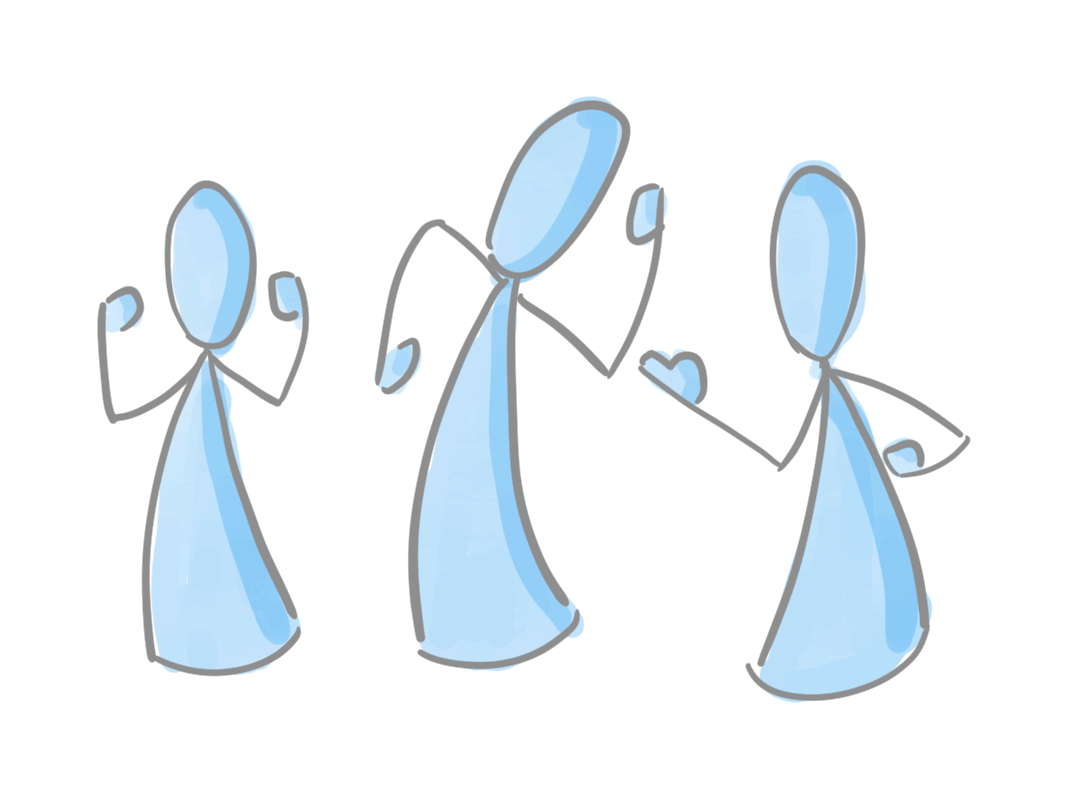
Empowerment and Community Building
A support platform for human rights defenders and migrant groups providing resources, counseling, capacity building, tools, networking and collaborations, classes, and a safe space for dialogue and human rights enterprise.
Education and Awareness
Raising awareness of human rights challenges and violent conflicts through educational programs in schools and universities, and through media campaigns and publications on social media, and in magazines and journals.
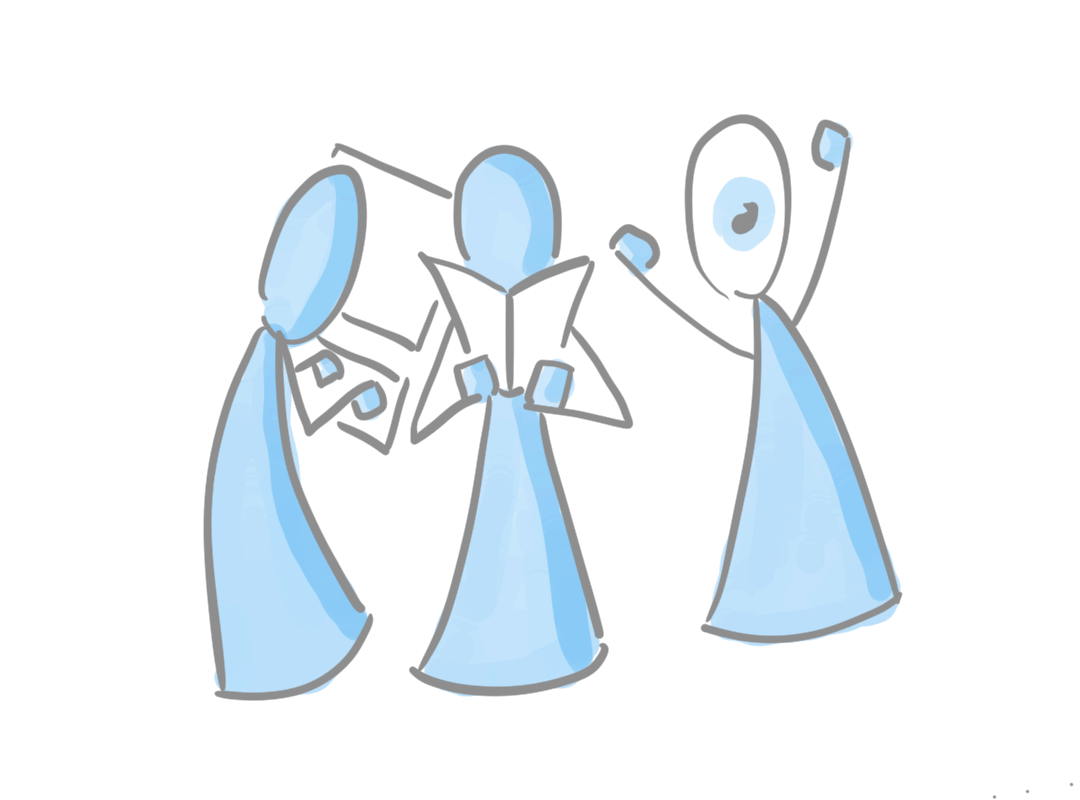
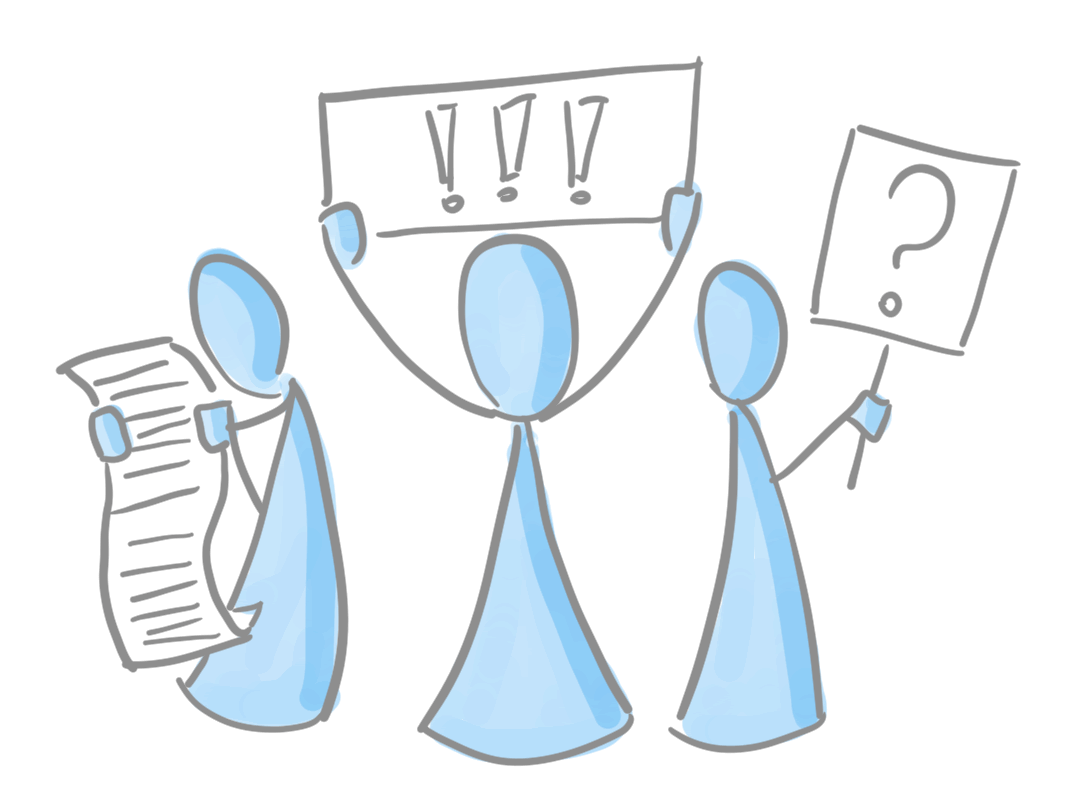
Activism
Encouraging and assisting in non-violent activism and conflict resolution, including peaceful protest, lobbying, dialogue, intercultural and interfaith conferences, and problem-solving with technology.
Our Work Groups
The design of work group projects stems from the unique challenges and needs faced by the communities themselves. Their activity is determined by their own motivation and agency, and is supported by the infrastructure, expertise, and network of The Hague Peace Projects.
Congo (GLR)
Despite his term ending in December 2016 and even in the face of rampant opposition and disapproval from the international community, President Joseph Kabila managed to keep his grip of power in Congo and persist as ruler beyond the constitutionally mandated limit of two terms. Thereafter, since 2016, political violence and governmental oppression consistently exasperated in the country with the authorities and security forces consistently imposing restrictions, repressions and intimidation on the opposition groups demanding free and credible election process. Furthermore, they banned demonstrations, fired bullets and teargas at protestors, closed down media and curbed the free movement of oppositional leaders and conducted arbitrary arrests thereof. As a matter of fact, there are many armed groups that are active in the eastern part of the country, which are responsible for ethnic cleansing, civilian killings, pillages and war crimes in general. Ultimately, in 2016 the Minister of Communications put forward a law that imposed rigid restrictions on foreign radio and TV stations to conduct their activities in Congo (Human Rights Watch 2016).
Burundi (GLR)
Recently, the human rights crisis that took a hold of Burundi has exasperated to unprecedented levels – the state forces and security authorities have chased down opponents of the government inflicting unscrupulous violence. Intelligence services in close cooperation with the youth league ruling party members – Imbonerakure, have engaged in indiscriminate killings, enforced disappearances, rape, ruthless torture and abductions. In addition to that, opposition groups that obtained significant amount of weaponry have conducted violent attacks and massacred members of the ruling party (Human Rights Watch 2016).
Uganda (GLR)
Since 2016 human rights violations in Uganda, such as freedom of expression, assembly and association have been prevailing and particularly exerted by the Ugandan security officials who systematically attempted to thwart the oppositional movements during the 2016 election campaigns and in the aftermath thereof. The police have taken it upon themselves to arrest, detain and imprison people without a legitimate reason, and curb the free movement of oppositional leaders. They also attacked and injured many journalists, with instances occurring even during live broadcasts. What is more, the security forces of Uganda persistently employ excessive and violent force in their following through with legal enforcement procedures and policing demonstrations. In fact, in Uganda, same-sex conduct is strictly criminalized under its colonial law, that is still in place and forbids ‘carnal knowledge’ between same-sex people. In that regard, a newly established Non-Governmental Organizations law points to the pressing issue of criminalization of legitimate advocacy pertaining to LGBTQI people’s rights and well-being (Human Rights Watch 2016).
Rwanda (GLR)
Similar to the situation in other Great Lakes Region countries in Africa, Rwanda has experienced an excessive tightening of freedom of expression during political demonstrations and election rallies. That was the case for the referendum held in 2015 and aimed at putting in place amendments in the constitution that would permit the then-ruling President Paul Kegame to qualify for a third term through 2017 and get a grip of power over the following ten years with allowed additional two terms. There were few people that managed to raise their voices against such a move as the government meticulously suppressed any opposition. The state of Rwanda persistently restricts the free, independent and unhindered operations of international human rights organizations, civil society groups and media outlets, and prohibits critical voices thereof against governmental policies, the recording and reporting on human rights records and state practices. As a matter of fact, the civil society sector in the country is not particularly strong and has gradually grown weaker specifically as a result of governmental interferences and intimidations. Moreover, many journalists are pushed to apply restrictions on their freedom of expression, thereby engaging in self-censorship (Human Rights Watch 2016).
Kenya (GLR)
Fundamental human rights such as the right to free expression, association and assembly have been significantly undermined over the past few years in the state of Kenya. The authorities have persistently failed to secure an adequate degree of human rights protection and have obstructed efforts to investigate the scope of various human rights abuses underpinning the situation in the country. In fact, human rights organizations and activists are presented with growing obstacles and endure consistent harassment and hindrances to their work. These organizations continuously point at the military and police in Kenya as the primary actors holding the responsibility for forced disappearances and indiscriminate killings of people ostensibly related to terrorist organizations such as Al-Shabab. Furthermore, NGOs active in the country have faced constant hostility on part of public officials and the authorities and have been subjected to immense administrative restriction and attempts at curbing and obstructing their work via the introduction of repressive amendments in the law concerning the conduct of NGO work in Kenya (Human Rights Watch 2016).
Bangladesh
Our Bangladesh program started after a series of brutal murders of Bangladeshi writers and bloggers in 2015. The victims were all targeted by groups of men armed with machetes, and the murders claimed by various Islamist extremist groups as a reaction to liberal and freethinking blogs which they deemed “insulting to Islam”. Since 2016, Bangladesh has undergone a surge of violence spanning attacks targeting secular journalists, bloggers, academic elite, LGTBTQI groups, tourists and religious minorities. Moreover, the security forces in the country have engaged in indiscriminate arrests, extrajudicial killings and forced disappearances. Bangladeshi media have reprinted ‘death lists’ naming individual bloggers, and Bangladeshi government officials have told bloggers not to express views that are critical of religion or they may face arrest under the country’s restrictive online communications law.
The Human Rights lobby and activists in Bangladesh are presented with persistent troubles to conduct their activities as unhindered by exacerbated harassment and monitoring by the security services and the police. Recently, there has been a new law passed which imposes stringent restrictions on the obtaining of foreign funds for NGOs that necessitate the approval of the National NGO Affairs Bureau within the Bangladeshi Prime Minister’s Office (Human Rights Watch 2016). Additionally, the state government has persistently deployed the rather ambiguous and broad Information and Communication Technology Act which targets groups that are criticizing the conduct and decisions of high government officials. Herein, those are particularly directed against journalists and bloggers. In case the latter engage in expressing any secular values or plead allegiance to sexual minority groups and support their activities, they run the risk to be attacked even in public spaces or ruthlessly hacked to death. Notwithstanding the fact that the Bangladesh authorities have condemned such recent attacks, some officials still advise on self-censorship on part of people with unconventional values, thereby imputing responsibility to the victims of attacks rather than the ones committing the crime.
Ultimately, several laws were put forward in the last few years that aim at increasing the number of restrictions on freedom of expression, freedom of assembly and other fundamental human rights entitlements (Human Rights Watch 2016). Human rights groups internationally have voiced concern about the slow and ineffective process of justice in Bangladesh.
Sudan
For the past seven years, armed conflict between government forces and armed rebels in Southern Kordofan and Blue Nile continues to take place despite a declared ceasefire. In 2016, government forces and allied militias attacked civilians in villages and other populated areas in ground offensives and aimless bombing. The government has blocked and failed to agree terms for access from the humanitarian agencies from working in rebel-held areas of Southern Kordofan and Blue Nile. Furthermore, Sudan’s National Intelligence and Security Service (NISS) is known for including torture and abusive tactics towards recognized opponents such as activists, lawyers, students and community leaders. Sudan continues to have a profound human rights record with ongoing attacks on civilians by government forces occurring in Darfur, Southern Kordofan and Blue Nile states. The National Congress Party continued with a national dialogue process in order to spread the way for a new constitution and government. Fortunately, the independence of South Sudan occurred in 2011 despite a boycott by several parties that opposed this decision (Human Rights Watch 2016).
Nicaragua
As a direct result of the Nicaraguan social and political crisis of 2017, brought about by the
authoritarian regime of President Daniel Ortega, and compounded by their neglect and
dismissal of the severity of the spreading Coronavirus, Nicaraguan citizens and refugees
represent one of the most vulnerable global groups that are currently being heavily
impacted by the COVID-19 pandemic.
Many Nicaraguan citizens are required to continue their work among high concentrations
of people, while remaining ill-informed of the risks due to a government propaganda
campaign disseminating fake news that directly opposes the recommendations of The
World Health Organization. Compounded by a structural lack of support from their home
country, the vast number of Nicaraguan exiles in the neighboring lands suffer from a
persisting lack of basic resources, reliable information, and adequate medical supplies.
In order to address this grave public health crisis, the Corona Care project aims to offer
much needed help to vulnerable Nicaraguan citizens, and to Nicaraguan refugees in
low-income countries. This involves the provision of crucial medical supplies, food,
precautionary equipment, local support, and an reliable flow of accurate information
to help counteract the spreading of fake-news and minimize the ongoing impact of the
Coronavirus.
At the time of writing (2020) there are 103,600 Nicaraguan refugees and asylum seekers
worldwide and their numbers continue to grow at an average rate of 4,000 new exiles
every month.
Turkish & Kurdish
On July 15, 2016, at least 241 citizens and government law enforcement died from an attempted coup d’ état constructed by elements of the Turkish military which was a sudden political act aiming to overthrow President Recep Tayyip Erdoğan and the Justice and Development Party (AKP) government. As a result, the government declared a state of emergency that consisted of jailing thousands of soldiers and began an abrupt removal of police, teachers, police officials, judges and prosecutors. Moreover, the Syrian war continues to impact Turkey since it hosts an estimated 2.7 million Syrian refugees which has led individuals allegedly linked to the Islamic State (also known as ISIS) to have regular bomb attacks in Turkey.
In the period of January to May 2016, up to 400,000 residents were displaced due to intense security operations in towns where the city militias linked to the PKK had become firmly established. Importantly, the government of Turkey has made the efforts to silence media criticism and scrutiny of government policy by threatening as well as prosecuting journalists, taking over media companies such as the daily Zaman newspaper and even removing critical television stations from the main state-owned satellite distribution platform. Control over freedom of speech in Turkey has become so significant that it became the country with the highest number of requests on Twitter to censor individual accounts (Human Rights Watch 2016).
Lebanon
Since the end of the Lebanese civil war in 1990, the country’s institutions have been organised as a system of sectarian division. Despite this, Beirut has continued to thrive and express a richness of diverse identities and traditions.
In October 2019, in protest against the major economic crisis, Lebanese civilians from all classes and religions called for the resignation of the political class, and for the creation of a brand new system of government. This became known as the ‘October 17’ movement’.
Lebanese citizens protested against the ruling political class, who had lost legitimacy due to its history of mismanagement, corruption, and the violent repression of protests. As the movement intensified, the Covid-19 pandemic took hold and forced the country’s healthcare system on its knees.
On August 4th, 2020, two explosions in Beirut’s port were felt as far away as Turkey. They resulted in 203 deaths and thousands of injuries, including the loss of more than 10 billion dollars in property damage. The geographical impact of these explosions is about 10km in radius.
As a result of the explosions, human rights activists, artists, and civilians in Beirut have lost their homes, livelihoods and jobs. However, despite these critical conditions they continue to take social action and advocate for change. This project is directed at those people who are still fighting for their universal human rights and freedoms, and takes place at a critical moment in the history of Lebanon.
The stakes are high and this year’s developments will make a critical difference between a conflict- and poverty-ridden Lebanon, or a route to a peaceful Lebanon with greater opportunities for everyone.
All work groups embody the goals of The Hague Peace Projects, human rights, and the Sustainable Development Goals.
Components
Safe Space
Our safe space is a brave space as well. We are a platform for dialogue, discussion, and cooperation.
Lobby
Our connections, experience, and infrastructure further your cause.
Events and Activism
The nature of our events stems from your own motivations and agency.
Awareness
Together we create media and education campaigns for your human rights challenges
Network
Open up to an extensive and diverse new network.
Articles
Monthly Donation
Help us continue to fight for peace and human rights
Follow us
Follow us on YouTube, Instagram, and Facebook
Collaborate with us
Are you interested in collaborating or volunteering?
Archive
The Hague Peace Projects has established an extensive diaspora network and has organized activities with migrant groups from Turkey, Armenia, Morocco, Burundi, DR Congo, Uganda, Rwanda, Sudan, Bangladesh, Iran, Syria, Somalia, Beirut and Nicaragua. As a result of these activities many of these communities have been able to set up their own independent foundations that champion their own causes and peace projects. This cooperation has encouraged dialogue among migrant groups and helped to establish a strong community of shared values at The Hague Peace Projects. Aside from our events and activities, we have also developed good connections with diaspora communities from Iraq, Afghanistan, Ethiopia, Nigeria, Suriname, Sri Lanka, Pakistan, Israel, and Palestine.
Some of our archived projects since 2014..
- The Great Lakes Conference; an annual event about the position of the migrant communities from Burundi, Rwanda and the Republic of Congo (Uganda also included but not officially a “Great Lakes Country) in The Netherlands and their contributions to the development of their land or origin.
- The Integration caravan: Syrian youths visit the local markets of The Netherlands to engage with Dutch residents.
- Introductory dialogue events in cooperation with Stichting Argan in Amsterdam Nieuw-West.
- ‘Time To Talk’ (Tijd om te praten); an event bringing Kurdish and Turkish communities together for Dialogue.
- Turkish-Armenian dialogue in Caux, ‘Initiatives of Change’; annual event.
- The Maydonoz Dialogues series; Turkish and Kurdish youth groups in Rotterdam meet for cultural activities, exchanges, and dialogue.
- The ‘Toerkoes in Nieuw-West’ series; Turkish communities members in Amsterdam Nieuw-West eat and debate together as they reflect on their position in society.
- ‘Muslims Represent’; Muslims from many different backgrounds enter into dialogue with each other.
- The ‘YaLaziz’ initiative; a cultural catering experience by Middle-Eastern migrants serving traditional food, with stories and musical performances from the region.
- Migrant schools in The Hague; Turkish-Kurdish-Armenian dialogue workshops for high schools. Education and dialogue at Alfrink College Zoetermeer, De Haagse Hogeschool, and the University of Amsterdam.
- Traveling Workshops; Social media workshops co-created with our Southeast Asian work group introduce ‘problem-owners’, their stories and best practices guidelines to diverse educational institutions (International School Den Haag, CISV International).
- Many individual events; including dialogue, peace talks, poetry, and cultural manifestations with migrants from Rwanda, Uganda, Congo, Sudan, Somalia, Bangladesh, Morocco, Syria, Turkey, Kurdistan etc.
